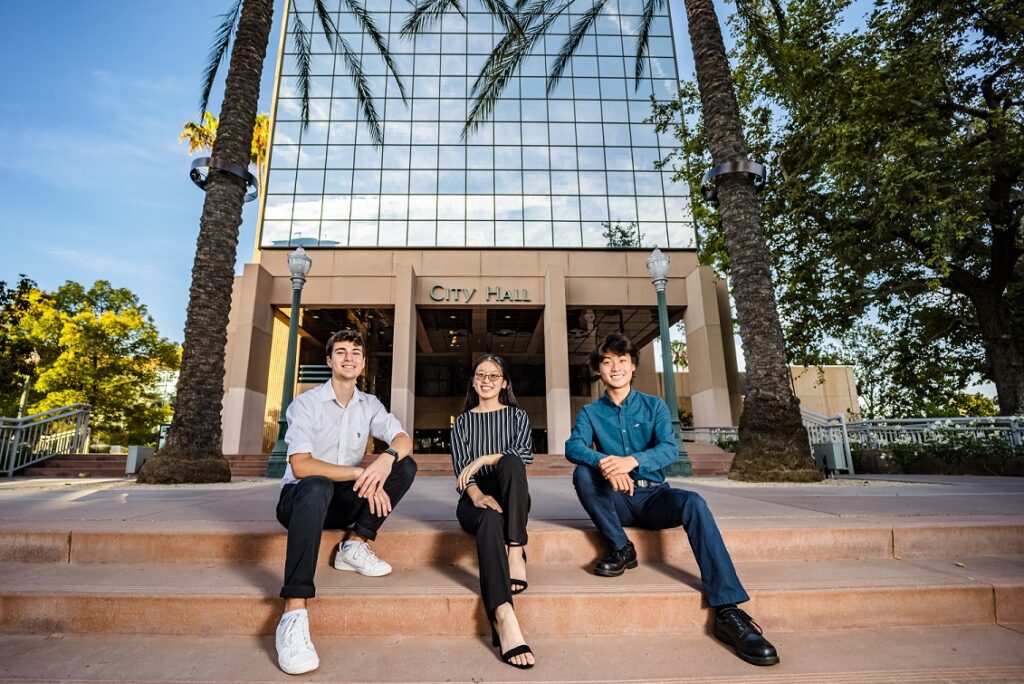During this summer, a team of students from MIT embarked on a journey to the sou …
Achieving Purposeful Learning: Why Students Deserve More Than Just Surface-Level Education
Jennifer Livingstone

One evening, my son Eli, aged 16, entered my room with a distressing tale. He had been conversing with Everett, his close friend, about marketing strategies for his streetwear business. During their discussion, Eli questioned Everett about their future careers, to which Everett responded with uncertainty, mentioning possibly continuing to work with his uncle as a fallback plan devoid of purpose or passion.
For Eli, who is blessed with an inherent sense of purpose and passion, hearing Everett’s response was disheartening. The reality is that most young individuals navigate through their academic journey without a clear sense of purpose, as the current education system fails to cultivate it. Schools often prioritize compliance and focus on superficial outcomes like test results, attendance rates, and disciplinary actions.
Fortunately, there are notable exceptions to this norm. In California, several innovative educators, schools, and districts are effectively nurturing students’ sense of purpose. However, these instances remain isolated amidst a backdrop of average educational practices.
The Cajon Valley Union School District in California adopts a unique vision of “Happy kids, in healthy relationships, on a path to gainful employment.” This vision stands out for its emphasis on employment in a K-8 district and its omission of academic achievement references. The district’s visionary approach assumes that when students find joy in learning, feel connected to their peers and mentors, and possess a clear purpose for their future, genuine learning occurs. This student-centered approach values psychology and humanizes the educational experience, with Superintendent David Miyashiro embodying this vision daily.
At Bostonia Global high school within the district, students engage in weekly advisories with trusted adults, dedicating eight hours each week to building relationships, exploring personal identities, setting goals, and pursuing college and career aspirations. These workshops-like sessions allow students to delve deeply into projects aligned with their interests and community needs, fostering a sense of relevance and purpose that drives their commitment to learning.
The World of Work initiative and TEDxKids@ElCajon program further empower students to understand their strengths, interests, and passions, encouraging them to articulate and pursue their aspirations.
In the Anaheim Union High School District, Superintendent Mike Matsuda and his team have developed the Career Preparedness Systems Framework, focusing on student empowerment, fostering durable skills (collaboration, communication, critical thinking, creativity, and compassion), and teaching technical competencies essential for workforce success. By aligning career pathways with student interests and engaging in meaningful projects and community service, students gain practical skills and earn recognition for their civic engagement.
In the Porterville Unified School District, four out of five high school students participate in diverse “linked learning” pathways across fields like engineering, hospitality, law, multimedia, environmental science, agriculture, business, finance, and health. Through project-based learning, internships, student-run enterprises, and partnerships with industry mentors and organizations like Climate Action Pathways for Schools, students gain practical experience, interconnect disciplines, and contribute to environmental sustainability efforts.
These districts excel in fostering student curiosity, exploration, and pathway interests while respecting diverse identities, cultures, and languages. By prioritizing trusting relationships, belongingness, and student agency, they empower students to lead their learning journeys with purpose and meaning.
Education must ensure equitable access to transformative learning experiences for all students, emphasizing student-centered, competency-based approaches. While students like Eli may navigate their educational journeys driven by personal purpose, many others require systemic support to discover their sense of direction. Without this intentional shift towards student-centered learning, we risk perpetuating disengagement and underachievement in our education system.
As educators and society, we must shift our focus from valuing measurable outcomes to measuring what truly matters. Let’s prioritize an education system that nurtures purpose, curiosity, and agency in all students.
•••
Roman Stearns is the executive director of Scaling Student Success, a California partnership dedicated to educating the whole child.

